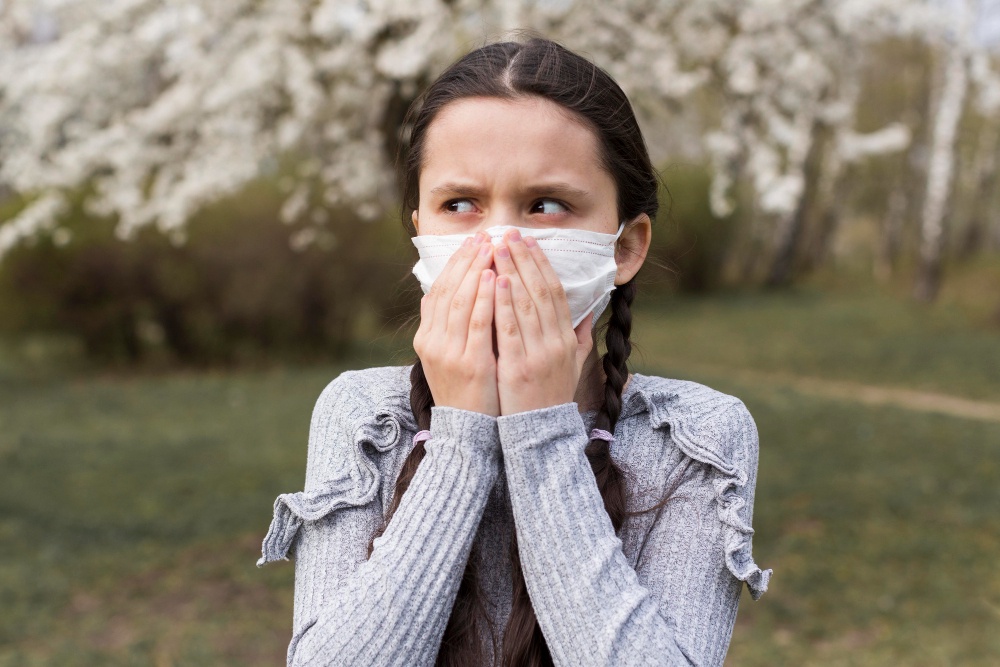As flu season approaches, taking proactive steps to prevent influenza becomes essential for maintaining overall health and well-being. The influenza virus can cause significant illness and complications, especially in vulnerable populations. In this blog, we'll explore effective strategies to prevent the flu and reduce its spread in the community.
Get Vaccinated
Annual flu vaccination is the most effective way to protect against the flu. The flu vaccine is recommended for everyone aged six months and older, particularly those at higher risk of complications, including young children, older adults, pregnant women, and individuals with certain medical conditions. Consult your primary care physician to discuss the benefits and timing of flu vaccination.
Practice Good Hand Hygiene
Frequent handwashing is a simple yet powerful way to prevent the spread of the flu virus. Wash your hands thoroughly with soap and water for at least 20 seconds, especially after coughing, sneezing, or touching surfaces in public areas. If soap and water are not available, use an alcohol-based hand sanitizer that contains at least 60% alcohol.
Avoid Close Contact
Limiting close contact with sick individuals can help prevent the transmission of the flu virus. If possible, avoid crowded places or gatherings during flu season, especially if you are at higher risk of complications. Maintain a safe distance from individuals who are coughing or sneezing, and encourage others to practice respiratory etiquette by covering their mouth and nose when coughing or sneezing.
Boost Immunity
A strong immune system is better equipped to fight off infections, including the flu. Focus on maintaining a healthy lifestyle by eating a balanced diet rich in fruits, vegetables, and whole grains. Regular exercise can also support immune function and overall well-being. Consider incorporating immune-boosting supplements such as vitamin C, vitamin D, and zinc into your daily routine, but consult your primary care physician before starting any new supplements.
Keep Surfaces Clean
Frequently touched surfaces, such as doorknobs, light switches, and electronic devices, can harbor flu viruses and other germs. Regularly disinfect these surfaces using household disinfectants or wipes to reduce the risk of contamination. Encourage family members or coworkers to practice similar hygiene habits to minimize the spread of germs in shared spaces.
Cover Coughs and Sneezes
Proper respiratory etiquette is essential for preventing the spread of respiratory viruses like the flu. Cover your mouth and nose with a tissue or the inside of your elbow when coughing or sneezing, and promptly dispose of used tissues in a trash receptacle. Avoid using your hands to cover your mouth, as this can transfer germs to surfaces or objects.
Stay Home When Sick
If you develop flu-like symptoms, such as fever, cough, sore throat, body aches, or fatigue, stay home from work, school, or social activities to prevent spreading the virus to others. Rest, stay hydrated, and seek medical advice from your primary care physician if symptoms worsen or persist.
Stay Informed
Stay updated on flu activity and recommendations from health authorities, such as the Centers for Disease Control and Prevention (CDC) or the World Health Organization (WHO). Be aware of common flu symptoms and know when to seek medical attention, especially if you are at higher risk of complications.


No comments yet